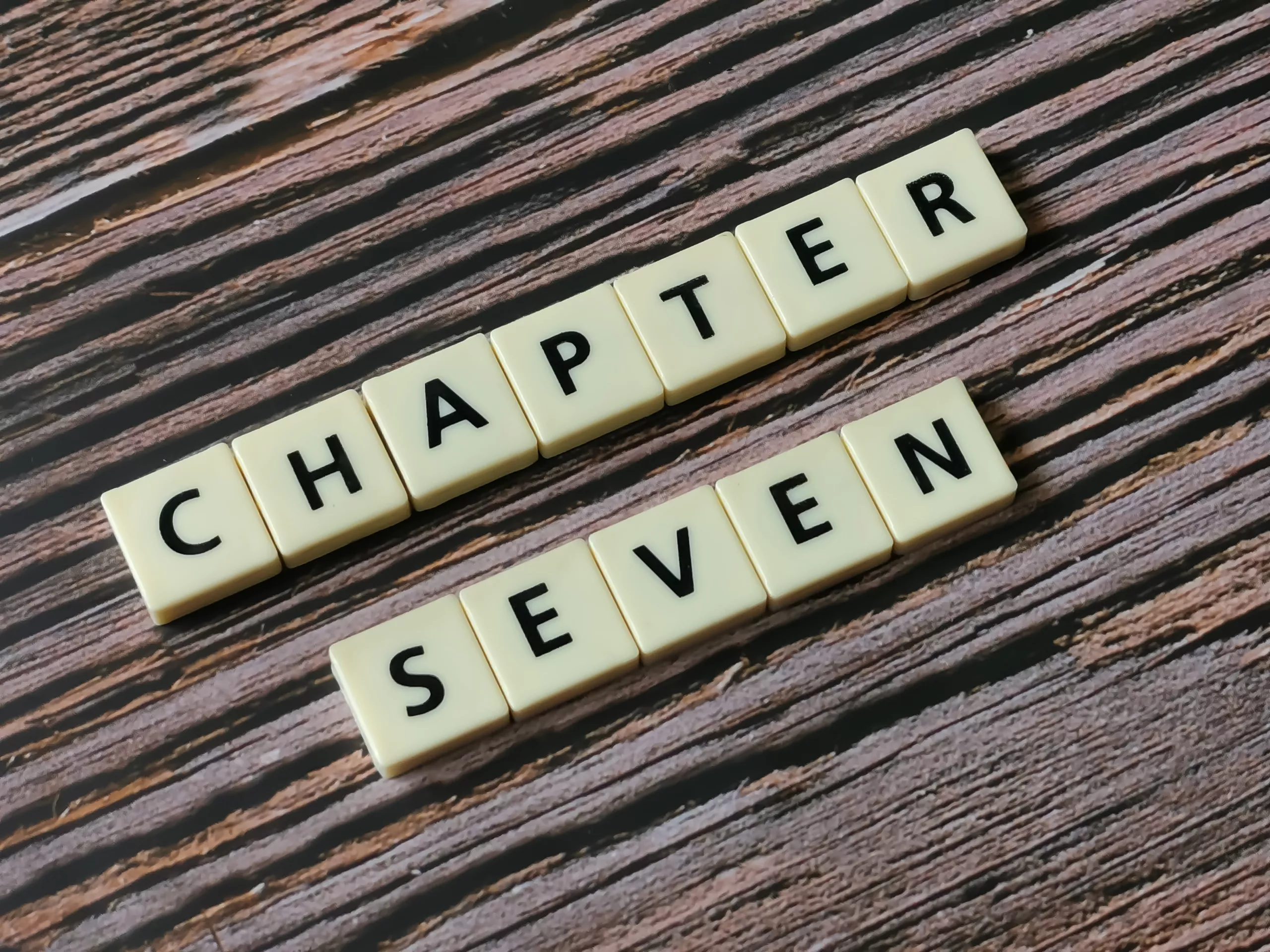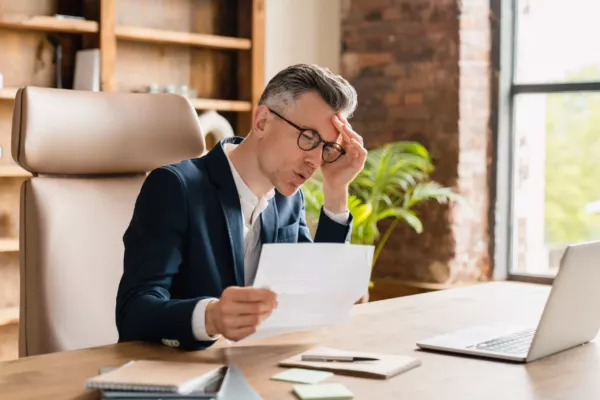If you want a solution for your financial problems that won’t cost you everything you own, you may choose to file for bankruptcy under a bankruptcy chapter that allows you to hold on to certain assets through exemptions. The most common personal bankruptcy chapters are 7 and 13; both allow filers to exempt some assets from bankruptcy proceedings. Exempt assets are free from sale. Therefore, their potential proceeds are also off limits to creditors.The property exempted depends on the type of exemption it is under. For instance, the homestead exemption exempts your primary residence, whereas the motor vehicle exemption offers a shield for a car. Meanwhile, wildcard exemptions are about applying a particular value to a property. A debtor may use this exemption to protect some or all of an asset’s value. This all depends on the exemption coverage amount and the worth of the asset.
What items aren’t likely to be protected in a liquidation process? Luxuries are usually non-exempt. If you have a second home, a fancy car, precious jewelry, and designer articles, it could be preferable to just sell them to pay your debts instead of having to go through the process of filing for bankruptcy. If you’re wondering about the fate of your pets, you should know that while they’re technically not included in the exemptions, they probably wouldn’t attract the attention of your bankruptcy trustee unless they can fetch a considerable sum when sold.
Chapter 7 Exemptions
Since Chapter 7 involves liquidation, filing a bankruptcy petition under it leads to the trustee taking your non-exempted property and selling it all off in order to pay off your debts. Certain items are exempt from liquidation. For instance, if the exemption is valued higher than the asset, you can just keep the item. What if the exemption’s value is lower than the asset? The trustee still takes it and sells it, simply giving you the change after paying your debts.
Chapter 13 Exemptions
Chapter 13, on the other hand, is a financial reorganization process. To effectively reorganize your finances, you have to come up with a repayment plan that is acceptable with the bankruptcy court. You get to spare your assets from liquidation, but you have to pay your non-priority unsecured debts to your creditors. Your payment is proportionate with your non-exempt assets. With the exemptions, your monthly payments become lower.
Federal Exemptions
New Jersey has its own list of bankruptcy exemptions that is separate from the list of federal bankruptcy exemptions. Many states, including New Jersey, allow debtors to choose between the state list and the federal list. Bankruptcy law, however, does not allow the mixing up of these two lists. You either choose one list or the other. If you happen to choose the state list, you may include the list of federal non-bankruptcy exemptions. Understand that this option is only available to those who choose state over federal bankruptcy exemptions. Talk to your lawyer to find out which choice gives your property the best bankruptcy protection.
Know Your Bankruptcy Options! Contact a New Jersey Bankruptcy Attorney Today!
Do you want to file bankruptcy in a way that ensures you get the best outcome from the bankruptcy process? A bankruptcy lawyer can review your case and determine which bankruptcy option is most suitable to your circumstances. To get legal help on bankruptcy filings, contact us at Lucid Law to speak with an experienced New Jersey bankruptcy law attorney.


